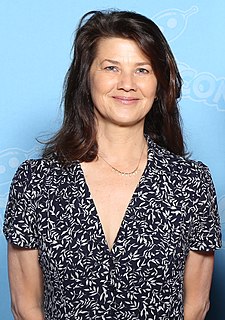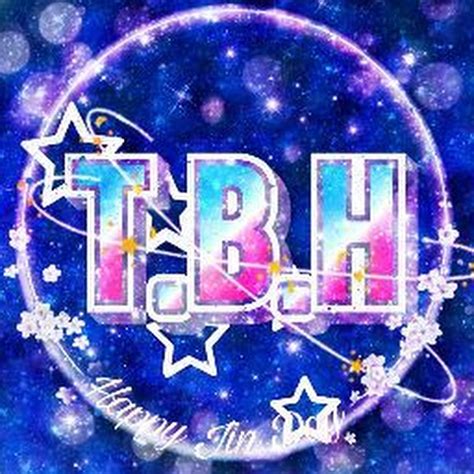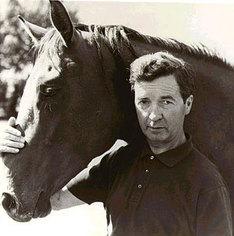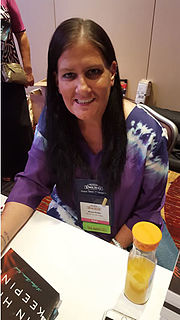A Quote by Janet Fitch
My mother had been a solitary chef. It was her recreation and her escape.
Related Quotes
From an early age she had developed the art of being alone and generally preferred her own company to anyone else’s. She read books at enormous speed and judged them entirely on her ability to remove her from her material surroundings. In almost all the unhappiest days of her life she had been able to escape from her own inner world by living temporarily in someone else’s, and on the two or three occasions that she had been too upset to concentrate she had been desolate.
Hats change everything. September knew this with all her being, deep in the place where she knew her own name, and that her mother would still love her even though she hadn’t waved goodbye. For one day her father had put on a hat with golden things on it and suddenly he hadn’t been her father anymore, he had been a soldier, and he had left. Hats have power. Hats can change you into someone else.
I've been acting since I was a little kid. It was my escape from my day which had to do with a father leaving, and a mother not being home, and her struggling and doing her best and all that. But it wasn't fun. I would go into theater class. If she were a stay-at-home mom, I wouldn't have that discomfort inside that kept me pushing.
I know also another man who married a widow with several children; and when one of the girls had grown into her teens he insisted on marrying her also, having first by some means won her affections. The mother, however, was much opposed to this marriage, and finally gave up her husband entirely to her daughter; and to this very day the daughter bears children to her stepfather, living as wife in the same house with her mother!
The idea of the book ["The Japanese Lover"] came in a conversation that I had with a friend walking in the streets of New York. We were talking about our mothers, and I was telling her how old my mother was, and she was telling me about her mother. Her mother was Jewish, and she said that she was in a retirement home and that she had had a friend for 40 years that was a Japanese gardener. This person had been very important in my friend's upbringing.
Her [Eleanor Roosevelt] father was the love of her life. Her father always made her feel wanted, made her feel loved, where her mother made her feel, you know, unloved, judged harshly, never up to par. And she was her father's favorite, and her mother's unfavorite. So her father was the man that she went to for comfort in her imaginings.
Occasionally, on screen, Barbara [Stanwyck] had a wary, watchful quality about her that I've noticed in other people who had bad childhoods; they tend to keep an eye on life because they don't think it can be trusted. After her mother was killed by a streetcar, she had been raised in Brooklyn by her sisters, and from things she said, I believe she had been abused as a child. She had lived an entirely different life than mine, that's for sure, which is one reason I found her so fascinating. I think her early life was one reason she had such authenticity as an actress, and as a person.
She had come to him to escape her mother's world, a world where all bodies were equal. She had come to him to make her body unique, irreplaceble. But he, too had drawn an equal sign between her and the rest of them: he kissed them all alike, stroked them all alike, made no, absolutely no distiction between Tereza's body and the other bodies. He sent her back to the world she tried to escape, sent to march naked with the other naked women
No", Tori said, " I kidnapped her and forced her to escape with me. I've been using her as a human shield against those guys with guns, and I was just about to strangle her and leave her body here to throw them off my trail. But then you showed up and foiled my evil plans. Lucky for you, though. You get to rescue chloe again and win her undying grattitude.
Her mother was a Christian Scientist who didn't believe in calling doctors. So when my mother caught whooping cough as a baby, stopped breathing and turned blue, her mother revived her by spanking her on the bottom. She saw life itself as a gift and saw her own survival as precious and a matter of chance.
...the only thing that had tethered her to the earth had been him and it was strange, but she felt welded to him on some core level now. He had seen her at her absolute worst, at her weakest and most insane, and he hadn't looked away. He hadn't judged and he hadn't been burned. It was as if in the heat of her meltdown they had melted together. This was more than emotion. It was a matter of soul.



































